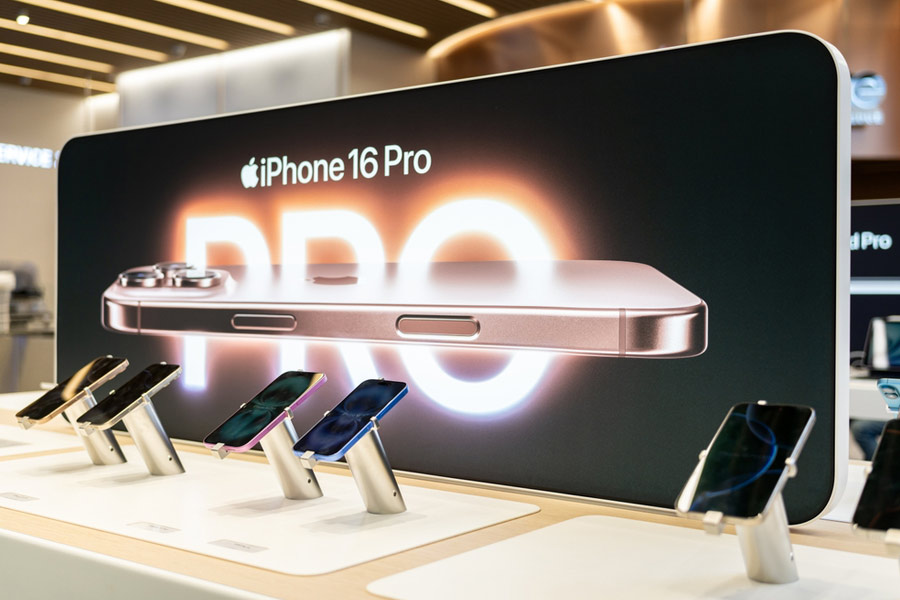American buyers may soon have to shell out around $3,500 for a US-made iPhone as President Donald Trump aims to bring manufacturing jobs back to the country with sweeping global tariffs, according to media reports.
The current price of an iPhone is $1,000 as cheap labour provided in China had, until now, worked in favour of Apple.
Shifting manufacturing facilities to Trump's backyard would lead to an over three-fold hike in iPhone prices, according to a CNN report.
Barton Crockett, an analyst at Rosenblatt Securities, expressed surprise at the lack of leniency for Apple this time. “We never expected the tariff situation to play out like this. Apple was essentially treated as an exception last time, but this time it looks like they’re going to have to absorb the cost,” he said in a recent note.
According to reports, transferring even 10 per cent of Apple's supply chain would cost the American tech giant three years and an investment of $30 billion.
US firms have always focused on software development and product design while the manufacturing and assembling processes were transferred to Asia. Besides China, Taiwan and Korea also supply iPhone parts such as semiconductor chips and screen panels. Though Apple has shifted some production to countries like Vietnam and India to reduce reliance on Chinese manufacturing, these countries are also affected by the new tariffs.
Although Trump’s relaxation on tariffs for other countries has sent markets soaring and Apple stock has surged 15 per cent, the massive 125 per cent tax rate on Chinese imports will force the company to make a difficult decision: absorb the cost themselves or transfer it to customers.
During his first term, Trump imposed similar tariffs on Chinese products to encourage US companies to bring manufacturing back to the States or relocate production to nearby countries like Mexico. While Apple was able to secure some exemptions at the time, no such waivers have been granted this time around.










